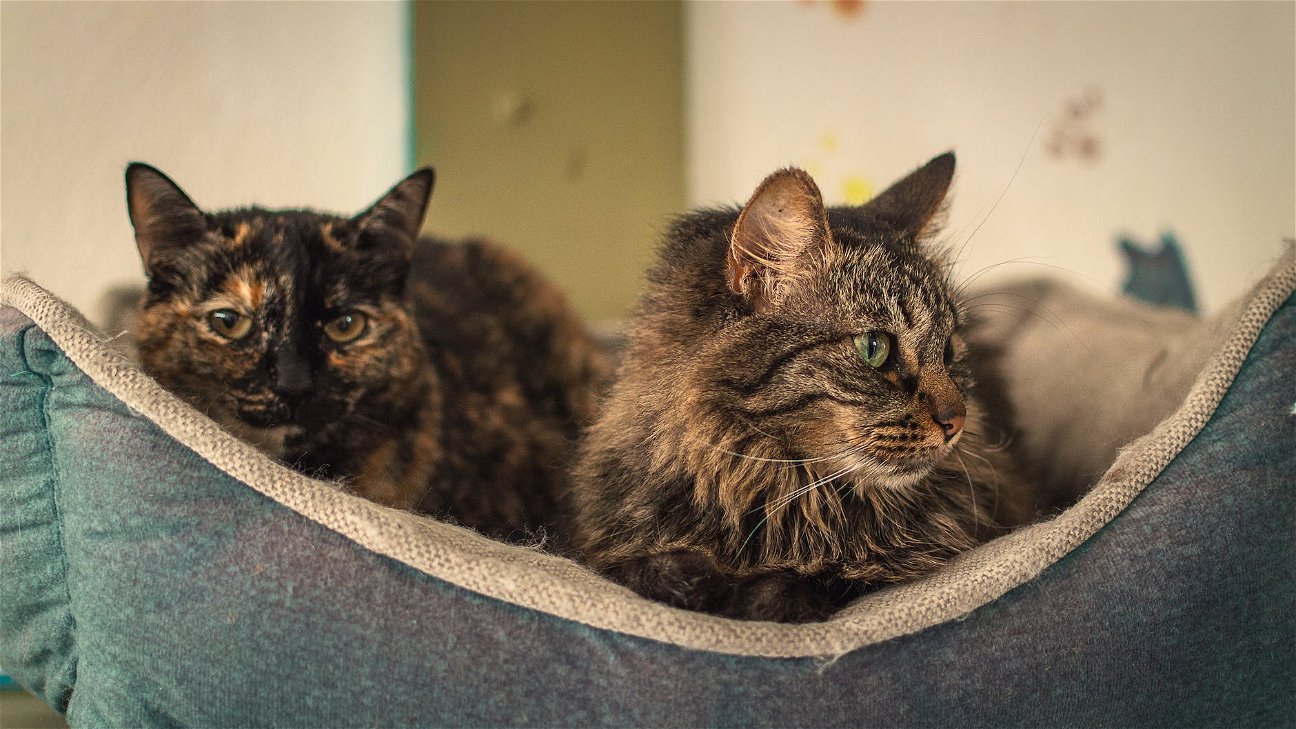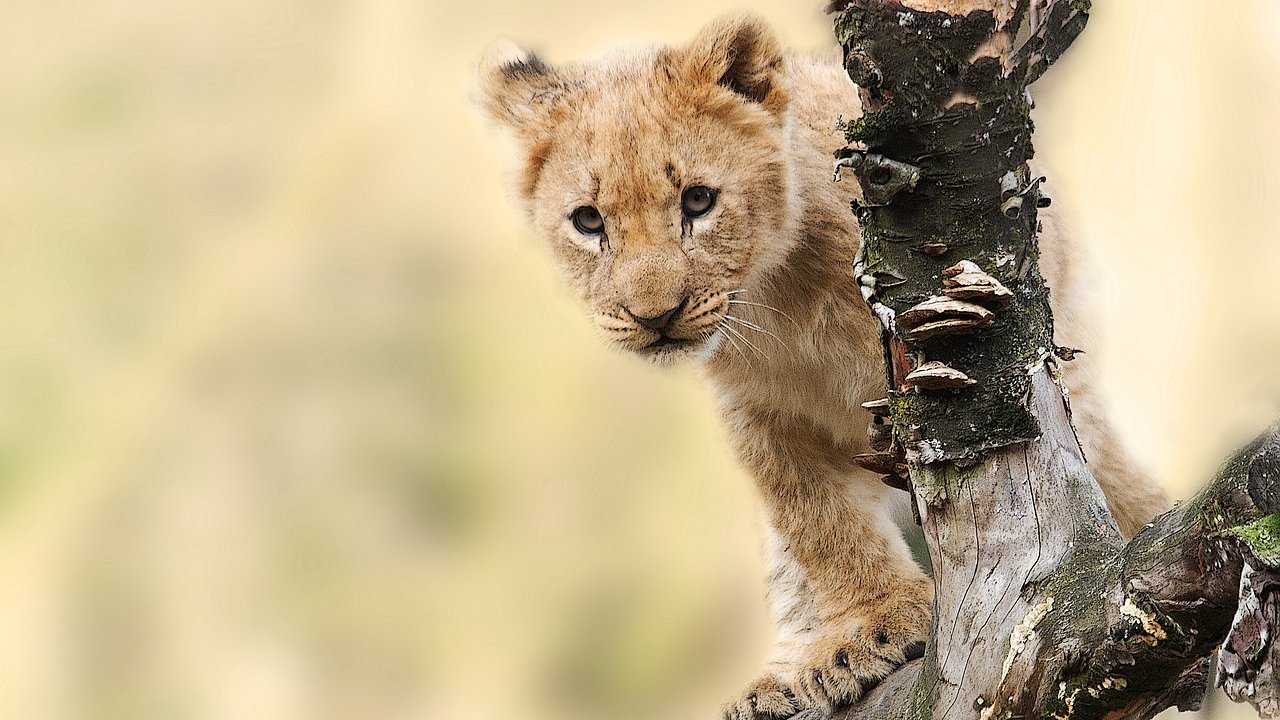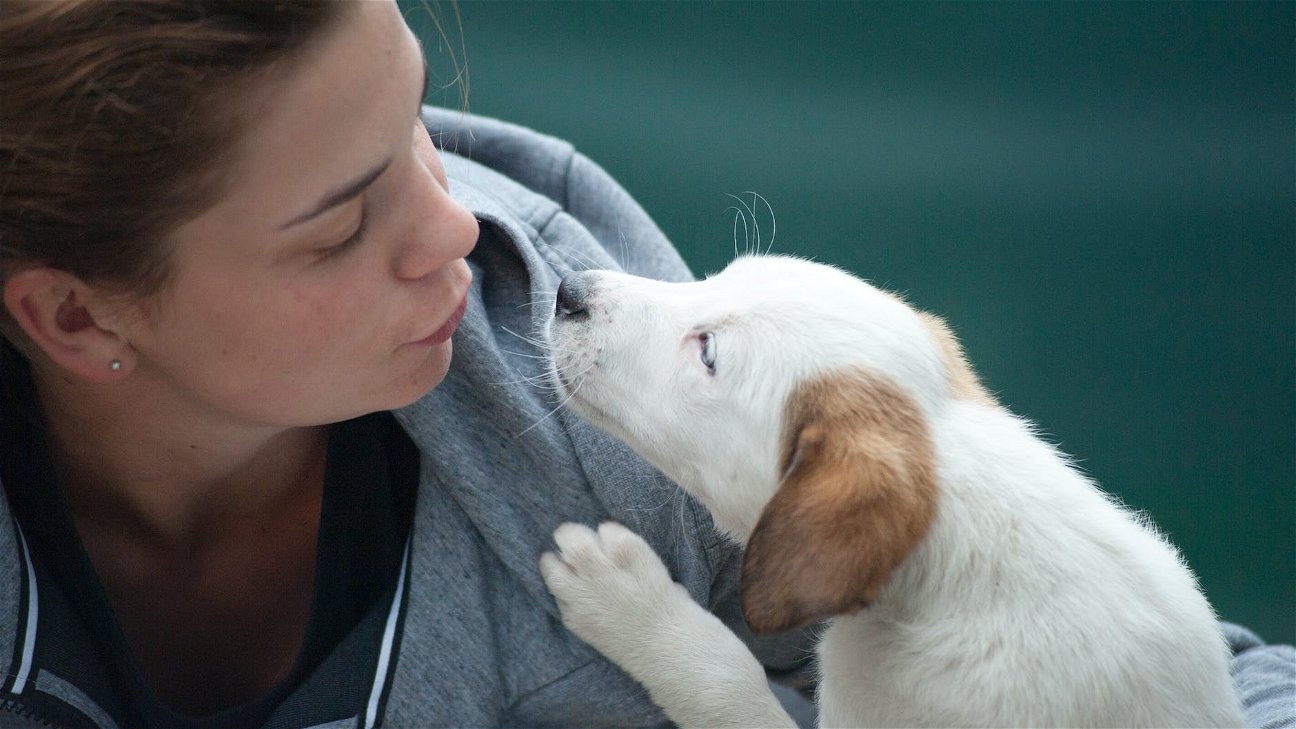
Feeding your pet is one of the most crucial aspects of pet ownership. But do you know what constitutes a balanced diet for your furry friend? A balanced pet diet is not just about filling their bowl with pet food. It involves providing the right blend of nutrients to ensure their optimal health and wellbeing. Here, we delve into the five key components of a balanced pet diet.
Nutrients in a Balanced Pet Diet
A balanced pet diet comprises certain essential nutrients. These include proteins, carbohydrates, fats, vitamins, and water. Let's take a closer look at each of these components.
Proteins
Proteins are vital for the growth and development of pets. They play a crucial role in building cells, tissues, organs, enzymes, hormones, and antibodies. Animal-based proteins, like meat, poultry, and fish, are excellent sources of essential amino acids that pets need.
Carbohydrates
Carbohydrates provide energy and help in the proper functioning of the brain and muscles. They are found in foods like grains, vegetables, and fruits. However, it's important to note that not all pets require the same amount of carbohydrates. For instance, cats, being obligate carnivores, require fewer carbohydrates than dogs.
Fats
Fats are an essential energy source. They provide essential fatty acids and aid in the absorption of certain vitamins. Fats also contribute to a pet's skin and coat health. Sources of good fats include fish oil, flaxseed, and meat.
Vitamins and Minerals
Vitamins and minerals are necessary for various bodily functions. They help in the maintenance of healthy skin and coat, bone health, immune system function, and overall wellbeing. Pets can get these essential nutrients from both animal and plant-based foods.
Water
Water is undoubtedly the most crucial component of any diet, including your pet's. It aids in digestion, nutrient absorption, and elimination of waste. Pets should always have access to fresh and clean water.
Types of Pet Food
Now that we understand the essential components of a pet diet, let's look at the different types of pet food that can offer these nutrients.
-
Dry food: Dry food, also known as kibble, is a popular choice because it's convenient and helps in maintaining oral health. However, it should be supplemented with other food types to ensure a balanced diet.
-
Wet food: Wet food is excellent for hydration and is often more palatable for pets. It's a good source of proteins and fats but should be used in combination with other foods to maintain nutrient balance.
-
Raw food: Raw food, either homemade or commercially prepared, can be a good source of nutrients. However, it requires careful handling and preparation to prevent bacterial contamination.
-
Home-cooked food: Home-cooked food gives you control over the ingredients but requires a good understanding of your pet's nutritional needs to ensure balance. Consulting with a vet or pet nutritionist is recommended when preparing pet meals at home.
The Impact of an Imbalanced Diet
An imbalanced diet can lead to various health issues in pets including obesity, diabetes, organ dysfunction, and even shorter lifespan. Therefore, it's essential to understand and provide a balanced diet for your pet's optimal health.
In conclusion, a balanced pet diet is more than just feeding your pet. It's about providing the right nutrients in the right proportions to keep them healthy and happy. Remember, every pet is unique, and their dietary needs may vary based on their breed, age, size, and health conditions. Therefore, it's always best to consult with a professional veterinarian or pet nutritionist when planning your pet's diet.











